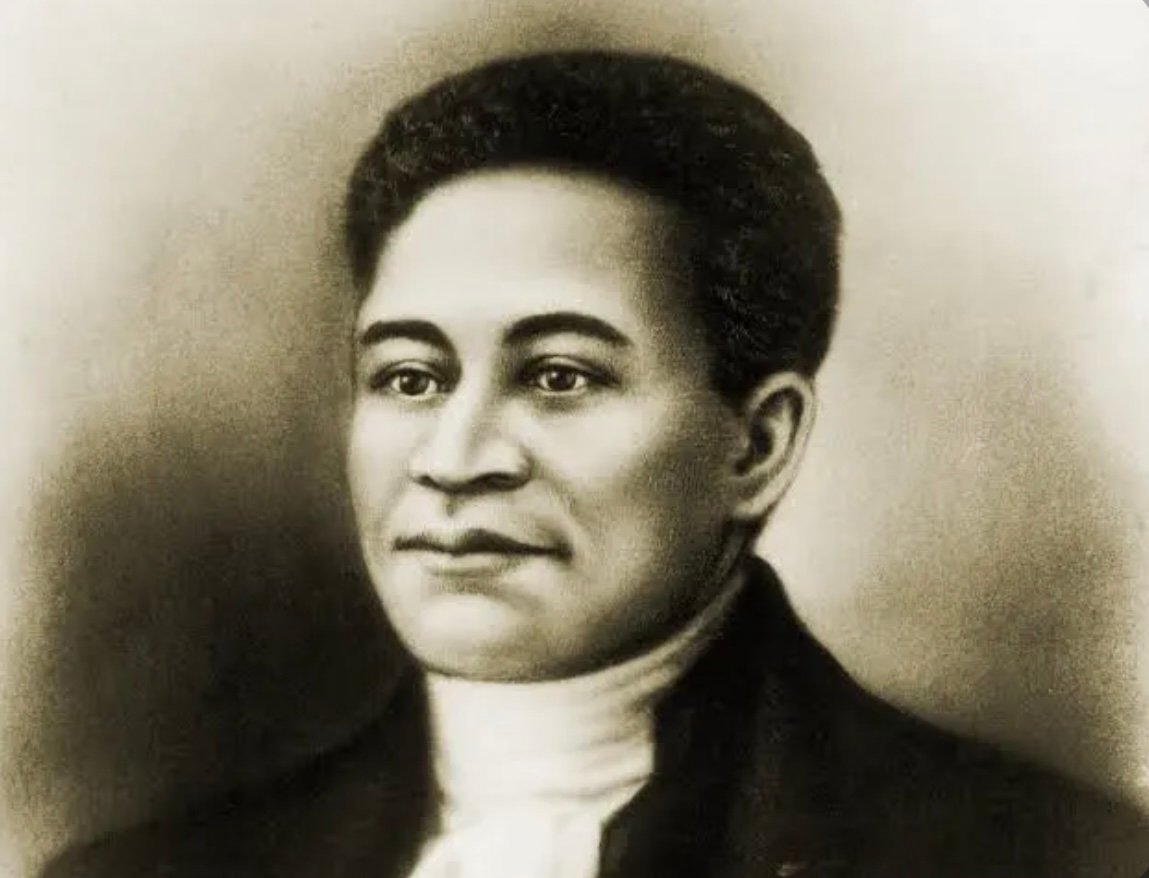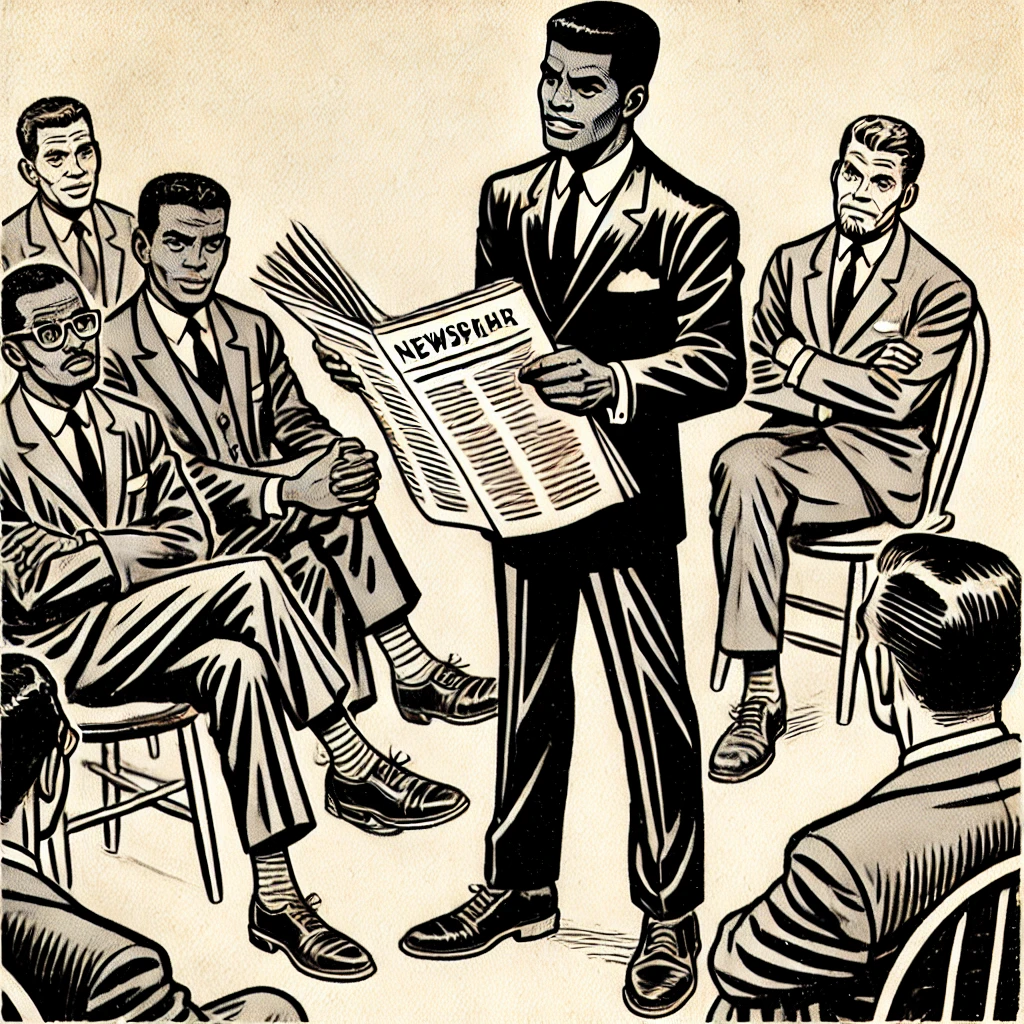Who Was Crispus Attucks?
Crispus Attucks, born in 1723, is widely recognized as a symbol of freedom and resistance against oppression in American history. His heritage traces back to both African and Native American ancestry, which has fueled discussions about his identity as one of the first martyrs of the American Revolution. Attucks’ early life is characterized by the injustices of slavery, as he was born to an enslaved father and a Native American mother. This background profoundly influenced his worldview and actions, ultimately leading him to become a pivotal figure in the fight against British tyranny.
During the early years of his life, Crispus Attucks worked as a sailor, a profession that allowed him some degree of mobility and independence compared to many enslaved individuals of his time. This brief taste of freedom may have ignited his spirit of resistance, shaping his desire for liberty. The role of slavery and the inequalities prevalent in colonial America encountered by individuals like Attucks drew attention to the need for social change. As tensions escalated between the colonies and British authorities, Attucks found himself amidst growing unrest.
The events leading up to the Boston Massacre in March 1770 would further entrench Crispus Attucks in the annals of history. Attucks is believed to have been among the crowd of colonists protesting British oppression when the confrontation turned deadly. His prominent role as a leader in that confrontation led to his death, marking him as the first casualty of the American Revolution. Crispus Attucks’ legacy endures, representing the varied narratives of those who fought for freedom. His life reflects the complex intersections of race and resistance that characterized the revolutionary period, and his contributions are a testament to the diverse fabric of American history.
The Boston Massacre: A Turning Point
The Boston Massacre, which occurred on March 5, 1770, stands as a pivotal moment in the lead-up to the American Revolution, marking a significant escalation in tensions between colonial citizens and British troops stationed in Boston. In the years prior to this tragic event, the relationship between the American colonies and the British government had been fraught with rising dissatisfaction. Many colonists felt increasingly oppressed by British policies, including taxation without representation, which fostered an atmosphere of unrest in the bustling port city of Boston.
In the months leading up to the massacre, a growing resentment brewed among the colonists due to the presence of British soldiers, whom they viewed as an occupying force. The streets of Boston were often filled with skirmishes between local citizens and the troops, leading to heightened emotions and escalating confrontations. The situation reached a boiling point on that fateful evening when a confrontation erupted between a group of colonists and a contingent of British soldiers stationed in the city.
As the conflict unfolded, a crowd gathered, expressing their anger towards the soldiers, who were perceived as symbols of imperial oppression. Amidst the chaos, insults were exchanged, and tensions soared, leading one soldier to discharge his firearm, prompting others to follow suit. The ensuing gunfire resulted in the death of Crispus Attucks, an African American man, and several others. This moment of violence became widely publicized and depicted as an atrocity committed by the British, galvanizing colonial resistance. The portrayal of the Boston Massacre in pamphlets and newspaper articles incited public outrage, transforming a local incident into a rallying cry for those advocating independence from British rule.
Ultimately, the Boston Massacre served as a crucial catalyst for the American Revolution, symbolizing the struggle for liberty and the inherent conflicts between the colonies and the British Empire. The tragic fate of Crispus Attucks and others highlighted the sacrifices made in the pursuit of freedom, leaving a lasting legacy on the quest for independence in American history.
Legacy and Historical Significance
Crispus Attucks, recognized as the first casualty of the American Revolution, has left a profound legacy that extends beyond the mere historical event of the Boston Massacre. His sacrifice has come to symbolize the struggle for liberty and the fight against oppression, bringing together issues of race and equality in the narrative of American freedom. Over the years, Attucks has been commemorated as a martyr for liberty, standing as a representation of the early fight for civil rights in the United States.
Numerous memorials and monuments have been established to honor Attucks. The Crispus Attucks Monument in Boston, erected in 1888, serves as a powerful reminder of his role and the broader context of the revolutionary conflict. Additionally, every year, cities across the nation hold commemorative events on March 5, the anniversary of the Boston Massacre, to remember this pivotal moment in history and celebrate Attucks’s contributions. Such celebrations emphasize the importance of inclusive historical narratives, showcasing how Attucks’s story reflects the complexities of America’s struggle for independence.
The impact of Crispus Attucks on the African American community is particularly noteworthy. His legacy has inspired generations to advocate for social justice and equality. In the decades following his death, African Americans invoked his memory in their fight against slavery and later in the Civil Rights Movement. Attucks is often presented as a symbol of resilience, highlighting the integral role that African Americans have played in shaping the nation’s history. His courage and actions during a critical time in American history serve as a reminder that the quest for justice remains an ongoing journey, one that was significantly influenced by figures like Attucks.
Crispus Attucks in Modern Context
Crispus Attucks, recognized as the first casualty of the American Revolution, holds a significant place in contemporary discussions surrounding race, equality, and freedom. His legacy transcends the events of 1770, as it has become a symbol of resistance against racial oppression and a poignant reminder of the contributions of people of color in the history of the United States. In today’s socio-political landscape, Attucks’ story is frequently invoked by civil rights advocates seeking to address ongoing issues of racial inequality and injustice.
The narrative of Attucks is particularly relevant in light of recent movements that call for racial justice, such as Black Lives Matter. Activists often reference his defiance and the sacrifices made during the Boston Massacre to emphasize the long struggles for civil rights. This historical figure demonstrates that the fight for equity is not a new endeavor, but rather an ongoing battle that has persisted through centuries. His story serves to inspire and evoke a sense of responsibility amongst individuals, encouraging them to engage in the pursuit of social justice.
Moreover, Crispus Attucks’ legacy plays a crucial role in educational discussions about America’s revolutionary history, identity, and the inclusion of diverse narratives. Modern belief systems argue that recognizing individuals like Attucks fosters a more comprehensive understanding of America’s past, which is essential in dismantling harmful ideologies that perpetuate inequality. By honoring Attucks, society acknowledges the vital contributions and struggles of marginalized communities in the fabric of American history, reinforcing the importance of equity in every facet of contemporary life.
Ultimately, remembering Crispus Attucks is essential not only for understanding historical context but also for motivating collective action towards equality and justice. His story remains a powerful reminder that the pursuit of a more equitable society often requires recognizing and honoring the sacrifices of individuals who have paved the way for future generations.








